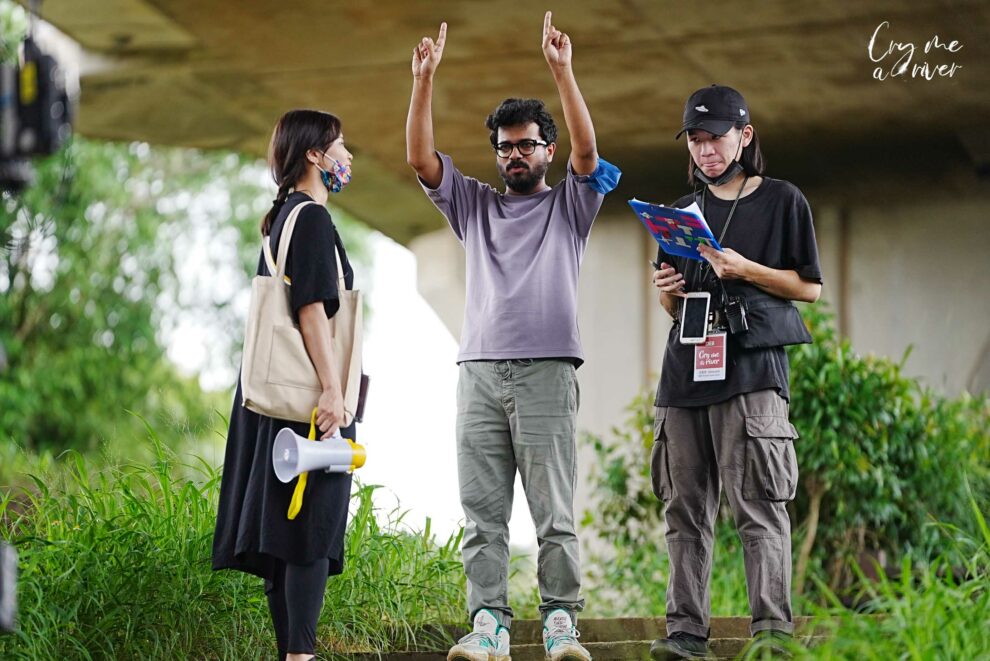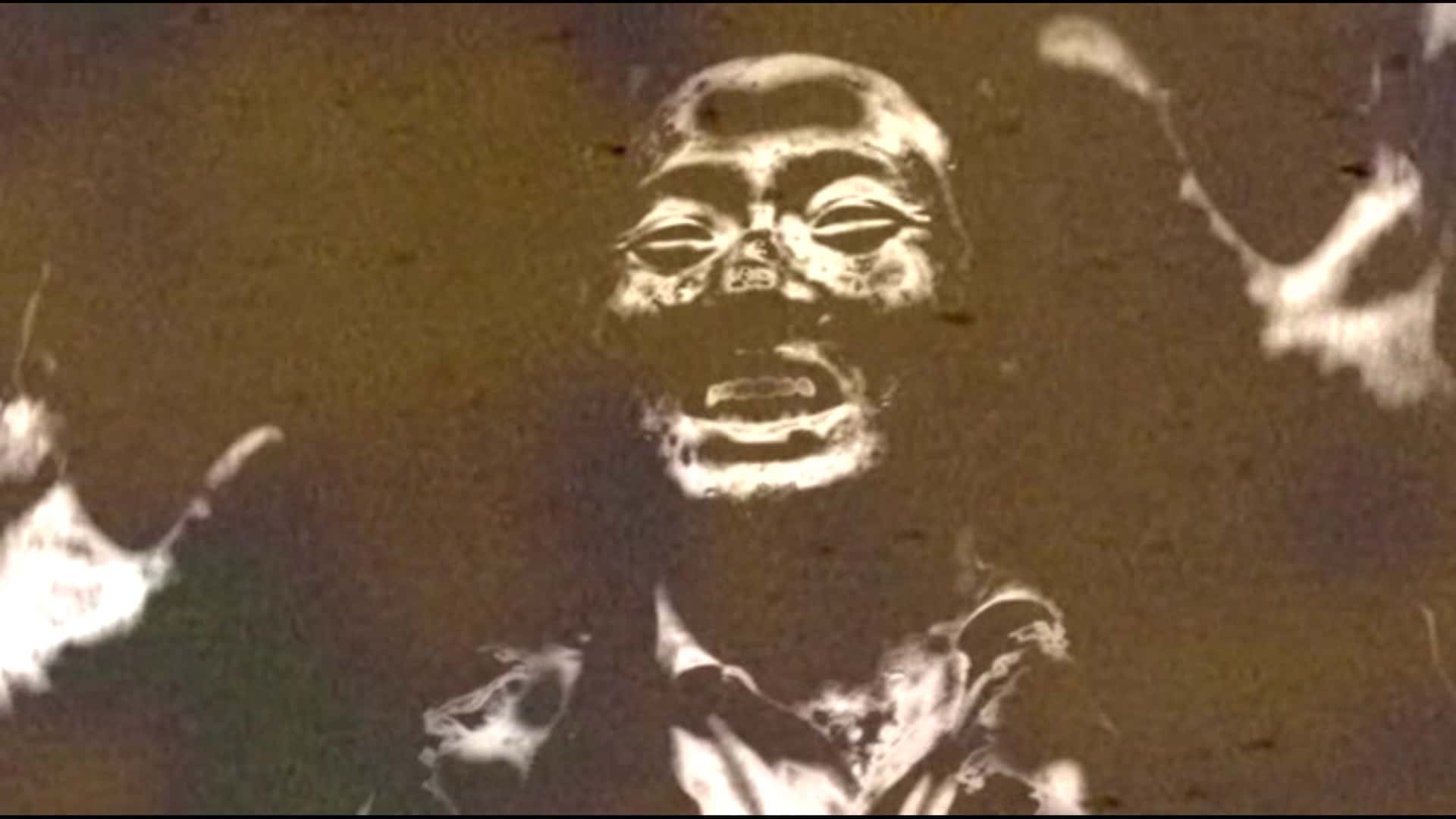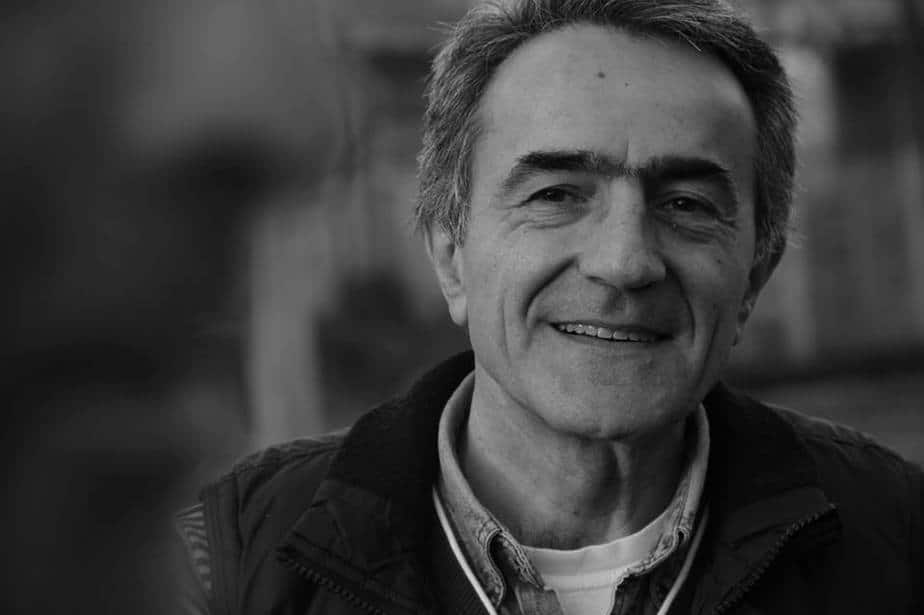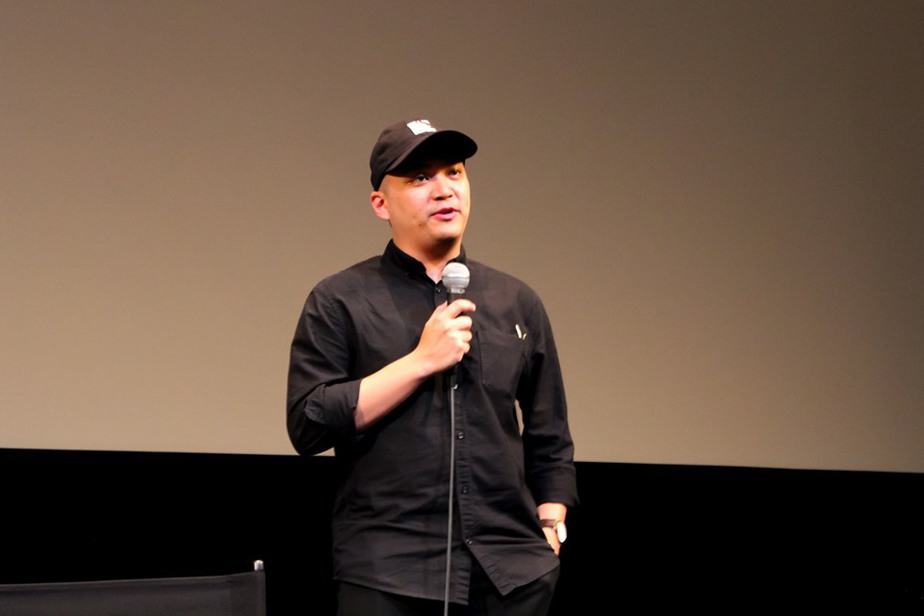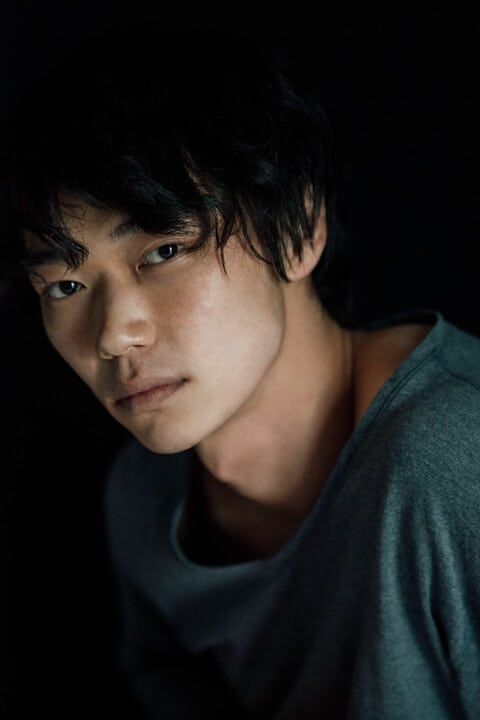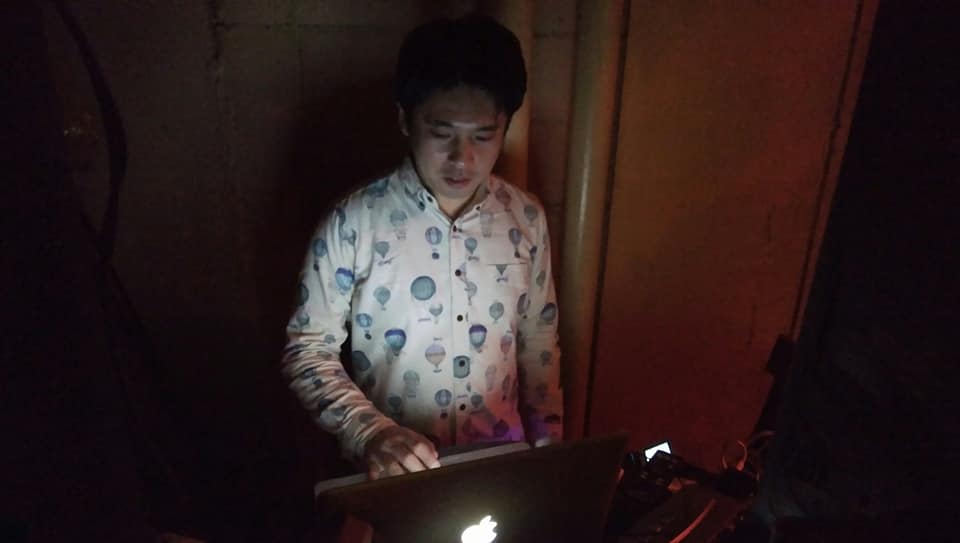Suman is a filmmaker, presently living in Mumbai, India. Suman's debut Oscar® Qualified short film ‘The Silent Echo' has won the ‘Best Short of the Festival' at the Raindance Film Festival, ‘Asian New Wave Award' at the Kaohsiung Film Festival, ‘Best Film' & ‘Best Cinematography' at the ‘Critic's Choice Award' by Film Critic's Guild, India. His second short film, ‘Cry Me A River', set in Taiwan, had its World Premiere at Palm Springs International ShortFest and will have its European premiere at Raindance Film Festival.
Suman Sen talks about Silent Echo and the production of “Cry Me a River”, shooting in Taiwan, the victims of progress and loneliness, his cooperation with Lee Yi-chieh and Ivy Chen and other topics.
The Silent Echo was quite successful particularly in the festival circuit. Did this success help you move forward, particularly regarding the production of “Cry Me a River?”
Absolutely. Every film follows its own unique life cycle and path. The success of ‘The Silent Echo' has been incredibly fulfilling, especially since it's still showing at festivals even three years later. It's humbling to see how it has resonated with people around the world. However, I never wanted to replicate what I had done before. I wanted to experiment with something entirely different. So, while the success of ‘The Silent Echo' certainly helped in showcasing my thoughts and vision to collaborators and producers, giving them confidence in my craft, it was important for me to explore new creative directions
Could you walk us through the path that led to the production of “Cry Me A River?” and particularly your cooperation with Ivy Shen? How did you find out about the professional mourner concept?
I believe every relationship in the film business is a happy accident. I don't subscribe to transactional interactions; I prefer to invest in genuine connections. I met Ivy in Goa in 2019, and we stayed in touch. She watched and loved ‘The Silent Echo.' During the middle of the COVID pandemic, while searching for new stories, I stumbled upon an article about a professional mourner from Taiwan. I found it fascinating, with its complex and beautiful cathartic contrast. Interestingly, India has a similar profession called ‘Rudali.'
After sharing an initial concept with Ivy, I started writing and developed several drafts over a few months. During this time, I did a thorough research on Taiwan, its culture, and its people. Once we finalized the draft, we were fortunate to receive a grant from the Taichung City Government, which felt validating.
I spent several months on soft pre-production, including location scouting and casting. It was challenging since I had never been to Taiwan and didn't speak the language, but this was never a hindrance. Ivy was supportive throughout the process. After securing the necessary funds, I traveled to Taiwan and stayed for nearly two months. Though the actual shoot took only two days, it was backed by meticulous planning and preparation. It was a terribly long process for a short film, but we have been both perseverant and pushed each other.
Check the review of the film
How was the experience of shooting in Taiwan?
In a word, it was amazing. I had never worked with such talented, precise, passionate, and warm individuals before. I am deeply indebted to each crew member for embracing me as one of their own.
I felt that Xixi is a victim of progress, since her way of living is essentialy disappearing. What is your opinion on this concept?
I don't disagree. I enjoy exploring characters who are victims of their own time. Additionally, I prefer not to burden my audience with the weight of my narrative. I believe film should be a participatory process, allowing the audience to engage actively. In today's world, we are overconsuming everything and forgetting how to breathe, live, and celebrate the micro-moments in life. In this sense, you're right—Xixi's profession, which is slowly disappearing, creates a cathartic situation in her life as well.
It's a story that invites the audience to delve into the mind of Xixi, who seldom speaks. The magic lies in the unsaid and unspoken—the devastating yet quietly unfulfilled longing that leaves us contemplative and reminiscent of her past. This story explores the idea of ambiguity in film, capturing the profound emotions and subtle nuances that words alone cannot convey.
Xixi seems to be rather lonely. What is your opinion on the issue of loneliness, and how do you think people can overcome it?
Loneliness, especially urban loneliness, fascinates me. I am a huge admirer of Edward Hopper, and I have been drawn to writing, art, and works that deal with loneliness. I see it as the residue of our generation. The more we are glued to our phones, the lonelier we become, as social media creates a false impression and a bubble of a world that doesn't really exist. While trying to connect with millions of people, we are disconnecting from the real world. This concept is incredibly profound. Even our memories are, in a way, owned by certain platforms.
Honestly, I don't have the answer to overcoming this. Without finding balance, it will be extremely difficult. There seems to be no end to it. However, we do need more time for introspection and reflection.
The ending is somewhat vague, but at the same time, I felt a sense of optimism. Is that what you tried to communicate?
I think short films are like poetry. They don't always need to have a definite outcome or ending. The whole can be greater than the sum of its parts. I write each theme in a way that isn't directly related to the next, but together they form a new, cohesive idea. I draw inspiration from nature, painting, and poetry, none of which are definite to me. I see them all as part of a participatory exercise. I want to leave my work open so the audience can contribute and elevate it from where it stands.
I wanted to approach this film as lyrical, poetic, and mysterious, much like a Murakami story. It seems as if nothing significant happens, yet there's an underlying sense that something is amiss, though we can't quite pinpoint what. The film is essentially full of void, but a chaotic shift is occurring within the character's mind—palpable but unexpressed. I want the audience to question and attempt to decipher the unanswered questions and suspended endings.
A key concept in the film is about what can be seen and unseen. It's crucial to show the boundaries of things and the mystery of life. This includes the boundary between light and darkness, which is significant. There's a stark contrast between day and night, reflecting the struggle between the faces we show to the world and the truths we hide behind social etiquette and tradition. I aim to explore the poetry of everyday life and the profound theme of heartbreak.
How was your cooperation with Lee Yi-chieh?

Incredible. She is amazingly talented. Despite the language barrier, we understood each other's thoughts perfectly. When directing in a language unfamiliar to me, I focus on grasping its rhythm and prioritizing the core emotion behind the words over the language itself. Li Yi-jie captured this beautifully.
Can you give some details about the cinematography? What was your purpose in the visual aspect of the movie?
I am an extremely visual person. Before I approach any project, I like to create a detailed treatment and mood. When collaborating with Ai Chung, the incredibly talented cinematographer from Taiwan, I shared some initial thoughts.
I wanted to convey expression through a specific color palette, with each color carrying its own meaning and intonation. Color can capture the vitality of a landscape, reveal the play of memory, and implant enigmas in the viewer's subconscious.
I was inspired by Canadian photographer Greg Girard, whose works emphasize the contradictions of urban space—conflicting binaries that shape our metropolises and create an inviting alienation. Additionally, I drew inspiration from Adrian Ghenie's works, which delve into Abstract Expressionism.
Same question about the music.
I sought an Icelandic void and pathos in the background music, a void that could be violent, dark, chaotic, unconventional, and unpredictable. The predominant instrument I envisioned was the cello, with a sonic texture that was dark and impolite. I experimented with under-explored emotional territories, giving voice to brooding rage that morphs into gleeful sadism. The background music resonated with the character's crisis and the indifferent city surroundings. I aimed for a movement in the background music, eliciting a physical reaction—something visceral that created an immersive experience. I collaborated with Mirjam Skal from Switzerland, who masterfully captured the exact feeling I envisioned.
Are you working on any new projects at the moment?
Yes, I am currently in the midst of pre-production for my debut feature film ‘Eka (Solo)'. The project was selected for NFDC Film Bazaar, Torino Film Lab Next, La Fabrique cinéma de l'Institut français, Festival du Nouveau Cinéma, Tokyo Gap Financing Market, and TCCF in Taiwan. It is a co-production between India, France, and Taiwan, and has received support from Aide aux cinémas du monde by the CNC. I expect to begin shooting around the end of this year or early next year.


